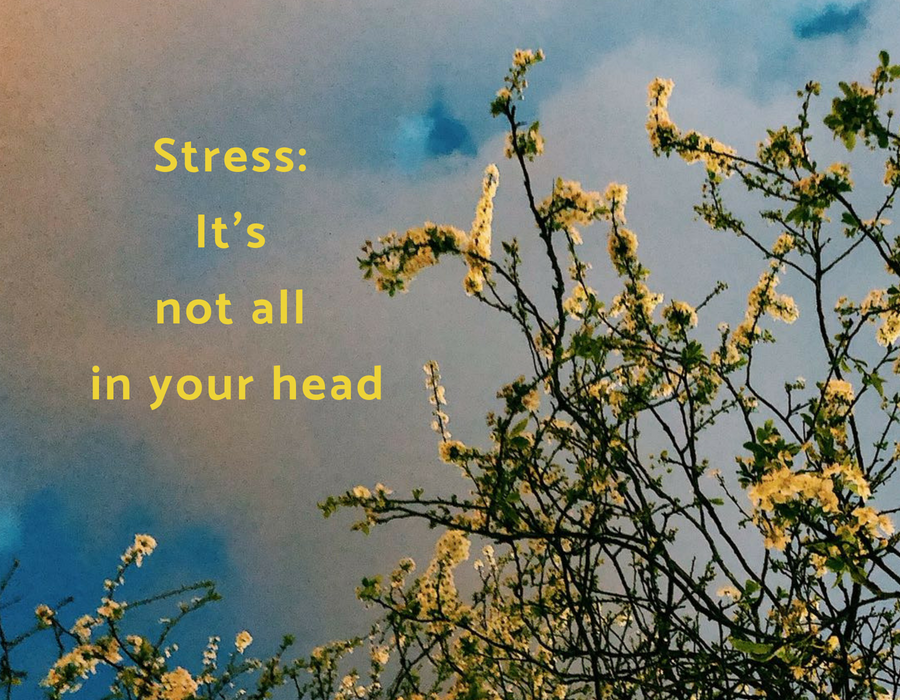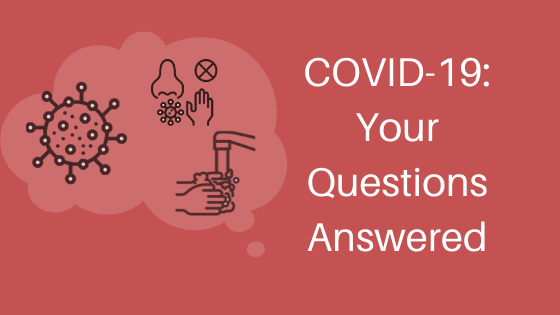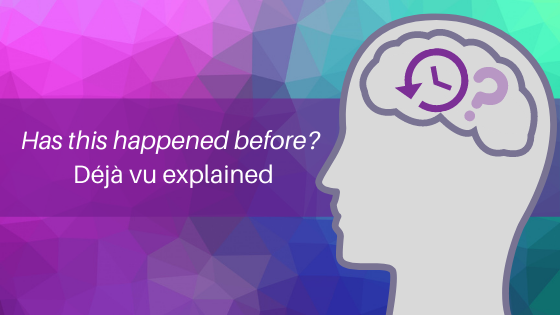Arzo Iqbal
 “I’m dying from stress”, is a phrase that all of us can relate to. Stress, although essential for survival, over prolonged periods of time, can cause havoc on our mental and physical wellbeing. The hot topic of Mental Health Awareness Week this year is stress, and so we hope this article will not only shed some light on the scientific basis of stress, but also how to better cope with stress.
“I’m dying from stress”, is a phrase that all of us can relate to. Stress, although essential for survival, over prolonged periods of time, can cause havoc on our mental and physical wellbeing. The hot topic of Mental Health Awareness Week this year is stress, and so we hope this article will not only shed some light on the scientific basis of stress, but also how to better cope with stress.
Defining Stress
The World Health Organization has dubbed stress as the “Health Epidemic of the 21st Century” and with 85% of UK adults experiencing stress regularly, it is crucial to understand stress and how to manage it. Stress is highly individual and it is defined as the “perception of not coping”, i.e. a mismatch between perceived pressures on an individual, and that individuals’ resources to cope with the pressure. Stress can come in many shapes and forms (we all know them; I won’t bore you with a list) and the consequences can be devastating. Stress has been associated with increased rates of heart attack, obesity, depression and countless other disorders.
Science of Stress
There are two major stress responses, acute and chronic. The former is better known as the “fight or flight” response and it involves an increase in adrenaline, resulting in rapid, immediate action to the perceived stress stimuli. The latter involves an increase in glucocorticoids, that is cortisol in us and many other animals, but corticosterone in mice and rats. The Stress response is controlled by two major neuroendocrine systems, the sympathetic-adrenomedullary (SAM) limb of the autonomic system and the hypothalamic-pituitary-adrenal (HPA) axis.

The HPA axis plays a major role in stress, however, it all starts with the prefrontal cortex (PFC). The PFC is what regulates our behaviour, thought and action and this will recognise/analyse the perceived stressful situation. The amygdala, which is responsible for emotions, survival instincts and fear conditioning will then “determine” if the situation is dangerous. The amygdala will then activate the HPA axis via projections to the hypothalamus, resulting in the secretion of corticotropin-releasing hormone (CRH) and arginine-vasopressin (AVP), which will then act on the anterior pituitary gland, stimulating secretion of adrenocorticotropic hormone (ACTH) and vasopressin, respectively.
Vasopressin stimulates the cortical collecting ducts of the kidneys thereby increasing reabsorption of water by the kidneys, resulting in less urine formation. This will induce vasoconstriction (contraction of blood vessels), which will raise blood pressure. ACTH travels through the bloodstream to the adrenal glands located atop the kidneys, acting within the adrenal cortex to upregulate production of cortisol.
Stress and Us
Cortisol is the primary hormone directly impacting the stress response. Cortisol’s main role is to restore homeostasis following exposure to stress and it is highest in the morning and steadily decreases throughout the day. Although the effects of cortisol are felt over the entire body, it targets certain homeostatic mechanism; cortisol primarily targets metabolic function, however, it also affects ion transport, the immune system, fertility and even memory.
Cortisol carefully regulates blood glucose levels by either increasing or decreasing

blood sugar levels, via the stimulation of gluconeogenesis or glycogen synthesis, respectively. Thus, it ensures a steady supply of glucose during periods of fasting. Furthermore, cortisol regulates bodily pH by affecting the action of cellular sodium-potassium pumps; cortisol prevents loss of sodium from cells and increases the rate of potassium excretion, thus regulating pH, particularly after a destabilising event. Cortisol weakens the immune response by firstly, blocking T-lymphocyte cells from recognising cytokine signals and secondly, inhibiting histamine secretion thus, dampening the inflammatory response. As a result, individuals suffering from chronic stress are extremely vulnerable to infection.
Stress may also suppress fertility, an example of stress-related sub-fertility in humans is a condition known as hypothalamic amenorrhoea. Women suffering from this condition have no ovulatory cycles due to insufficient levels of gonadotropin-releasing hormone (GnRH); the elevated levels of “stress hormones” is thought to be acting at the hypothalamic level to suppress GnRH. Finally, the effects of cortisol on memory have also been demonstrated. The hippocampus, a region of the brain associated with the processing and storing of memories, has many cortisol receptors. Excess cortisol levels can cause atrophy of the hippocampus resulting in significant memory loss; this damage is reversible within the chronically stressed.
Once homeostasis has been restored, cortisol participates in a negative feedback loop, which is mediated from the hippocampus to the hypothalamus, leading to a reduction in CRH secretion. Thereby, downregulating the production of cortisol and “terminating” the stress response. However, in chronic stress, the negative feedback loop of cortisol is overridden.
Chronic Stress
The effect of stress precipitates the shutdown of all non-essential body functions resulting in lower levels of general health. During periods of acute stress, these effects are short-lived and the body recovers rapidly. However, the constant long-term exposure to excess cortisol levels associated with chronic stress will lead to a myriad of disorders, severely compromising the sufferer’s health. These disorders include, a critically weakened immune system, decreased thyroid function and accumulation of abdominal fat, which affects cardiovascular health. Extreme cases can lead to Cushing’s Syndrome. Furthermore, chronic stress is associated with impaired cognition, not only affecting memory, but leading to many mental health disorders including depression, anxiety and schizophrenia to name a few.
Coping and Conclusion
By understanding the neurobiology of stress, we can become better equipped at handling stress. As mentioned, stress is about perception i.e. if we perceive something as stressful, our bodies will react accordingly. Although stress is important to survival, the stressors we face today is very different to our hunter-gatherer ancestors. Thus, by simply altering the way we interpret the world around us, we can minimise stress and its impact on us.
So instead of stressing about that 9:00am central line madness, listen to music, read a book or my personal favourite is chewing gum, because if you’re “eating” then how can you possibly be in danger.
If you or someone you know is suffering from stress or other mental health issues, speak to your doctor or contact one of the helplines below
Mind 0300 123 3393 or email info@mind.org.uk
Samaritans 116 123 or email jo@samaritans.org
Anxiety UK 03444 775 774 or email support@anxietyuk.org.uk
CALM 0800 58 58 58
Rethink Mental Illness 0300 5000 927
References:
Stress: Concepts, Cognition, Emotion, and Behavior: Handbook of Stress Series Volume 1 by G. Fink.
Stress: Neuroendocrinology and Neurobiology: Handbook of Stress Series Volume 2 by G. Fink.





Tess
This was a great read, most people when they talk about stress don’t actually convey what it does to the human body and just how serious it is. I’m glad I’m going on vacation now lol.
Seeking Science
Thanks Tess! That’s what we really wanted to get across so we’re glad to hear that! Enjoy your vacation!
Hosn
Great Post! Interesting to learn that there are two types of stress. 🙂
Arwen Nugteren
For all that I’ve learnt most of this before in A&P classes, it’s really helpful how you’ve broken it down … and just another reminder about why we should make an effort not to stress!
Seeking Science
Glad you found it helpful!
Stress: It’s not all in your head — Seeking Science – SHOWERS OF BLESSINGS COVENANT HOUSE
[…] via Stress: It’s not all in your head — Seeking Science […]
Luis Bodemann
Stress: It
[…]For instance, PTSD could happen in an individual who learns that a close family member or pal has died by accident or violently.[…]
World Mental Health Day 2018: The Future of the Youth – Seeking Science
[…] What happens to our brains when faced with such exams? Well, in evolutionary terms, tests are perceived by the brain as a threat, and it begins to undergo a threat-response mechanism to tackle it. The brain is split into ancient, subcortical structures, such as the limbic system, which is sometimes referred to as the more “animal-like” part of the brain, relying on instinct rather than thought, and the more complicated cortical structures, which allow us to reason and think about events and stimuli. Dealing with a threat such as an exam can cause our bodies to go into “fight or flight” mode. You can read more about the body’s physiological response to stress in our previous post here: […]
All under control: how the body copes with glucose – Seeking Science
[…] familiar with cortisol in terms of stress and the ‘fight or flight’ response (read more on that here), but it is also very important in regulating blood sugar levels too. Cortisol is produced in the […]